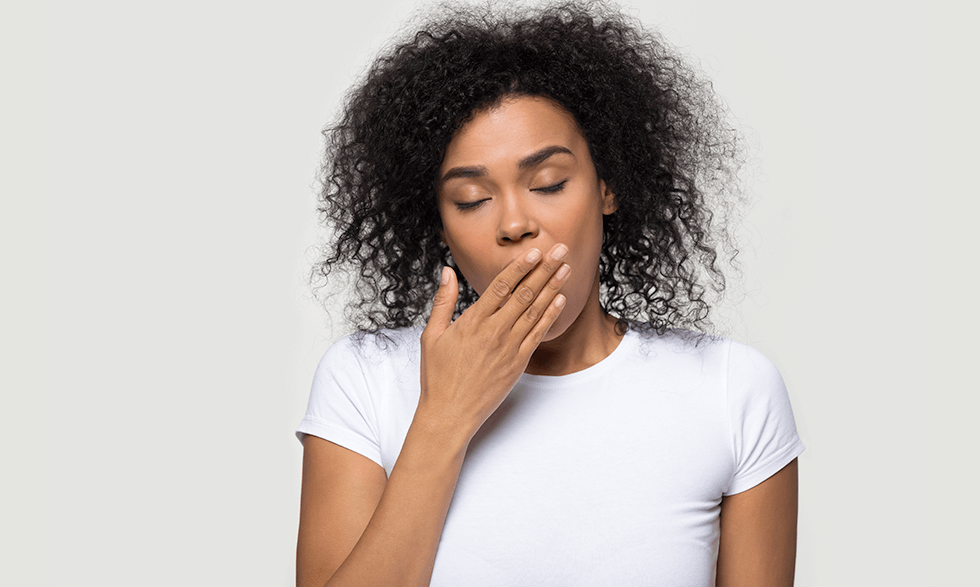Getting restful sleep is often hard. Sleep apnea can make it even harder.
New NIH-supported research finds that African Americans with more severe forms of sleep apnea are at greater risk of high blood pressure. An estimated one in four African Americans in the U.S. have a moderate or severe case of sleep apnea.
Sleep apnea happens when there is airflow reduction during sleep. Common signs are snoring or gasping.
The study researchers say that screening groups at high risk for sleep apnea can help reduce their risk of high blood pressure and heart disease.
Untreated sleep apnea can lead to heart attack, diabetes, cancer, or glaucoma.
If you have a heart condition, snore loudly, or feel that excessive daytime sleepiness gets in the way of your daily activities, discuss your symptoms with a doctor. They can help you determine how these problems might be managed.






